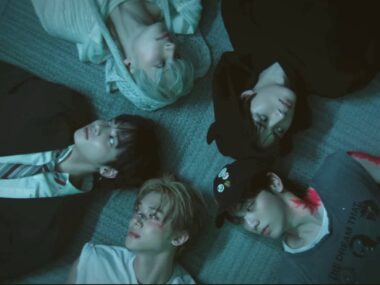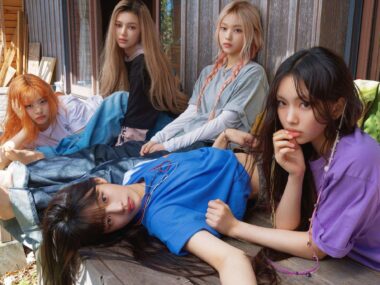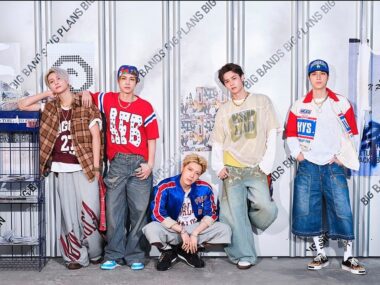The End of an Era or Just a Shift?
When MTV announced it would shut down all its U.K. music video channels by December 31, 2025, it felt like the final nail in the coffin. For 40 years, MTV defined how music was seen as much as how it was heard. Now, that chapter is closing.
This isn’t just about one network. With TikTok and YouTube Shorts dominating how people discover and consume music, why bother trying to watch videos on TV? It makes you wonder: is the art of the music video dying?
I don’t think so.
From Broadcast TV to Scrolling on Your Phone
MTV’s decline didn’t happen overnight. Its importance began to fade as platforms like YouTube, then later TikTok, became the main place to discover new music. Even record labels see little reason to fund full-length videos. Instead, they commission dozens of short clips tailored for different platforms. The goal is to produce content that’s algorithm-friendly.
Production budgets have plummeted. Even simple shoots are dismissed as being too expensive. For independent artists, it’s almost impossible to fund their own music videos with the backing of a major label. Only big-name artists can afford the kind of big-budget, cinematic videos that once defined the MTV era.
Despite all this, music videos haven’t vanished. Instead it’s been reborn in a new format.
The Music Video as a Storyteller
For many artists, music videos remain a vital piece of creative storytelling. Music videos are still a great way to visually express a song’s concept in a way that lyrics can’t. Recently, Sabrina Carpenter has turned music videos into short films for her singles. K-pop groups like NMIXX use music videos to bring their album concepts to life.
It’s also content for fans to engage with. They become a source for all the theories fans come up with based on what’s featured in the music video. Some fans will chop them up into short clips to post on YouTube and TikTok. These clips can help introduce artists to new fans. These snippets can go viral faster than the full video ever could.
A Tool for Connection
Today, music videos are less about selling a single. Instead, they’re used to build a relationship between an artist and their fans. They’re a reflection of an artist’s identity. Pieces of content that fans can engage with emotionally.
In that sense, the modern music video isn’t dying. It’s evolving into something more intimate. The power no longer lies in television premieres or exclusive debuts. It lies in the way audiences interact with, reinterpret, and circulate these visuals across the internet.
Not Gone, Just Different
The shutdown of MTV UK’s music channels marks the end of a broadcast era, but not the end of music videos themselves. The medium will adapt to the fragmented, fast-paced world of online content.
The format that once turned songs into cultural phenomenons still has a pulse. It’s just beating in a different rhythm now.






